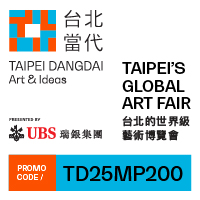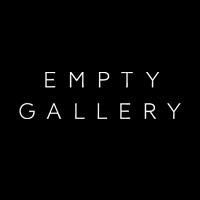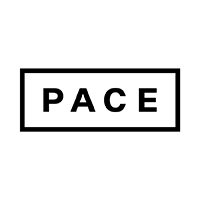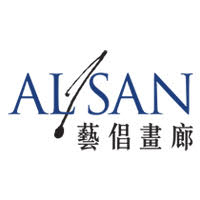Chinese Curator Huang Zhuan Dies at 58
By Denise Chu

Chinese curator Huang Zhuan, who passed away on April 13, 2016.
Seminal Chinese curator, critic, author and art historian Huang Zhuan, who had been battling cancer for many years, died in Guangzhou on April 13. He was 58 years old. Earlier in February the curator had penned a farewell letter, which was released on April 14 on the official WeChat account of the museum of the Guangzhou Academy of Fine Arts (GAFA), where he was formerly professor of art history. In the text he wrote: “About 14 years ago, I had already encountered once the inevitable moment that all must face, but medicine, love and all sorts of inexplicable forces have delayed things until now. . . When the time finally comes, I will feel nothing but peace and gratitude in my heart.”
Born in 1958 in the southern province of Hunan, Huang received his bachelor’s degree in Chinese history from the Huazhong Normal University, and a master’s in Chinese art history from the Hubei Institute of Fine Arts. Between the years 1985 and 1987 he was an editor for Meishu Sichao (Art Trends), the short-lived but highly influential bimonthly publication that chronicled the beginnings of the Chinese avant-garde. Huang's subsequent roles included an extended professorial position at GAFA, research and curatorial roles at Shenzhen’s He Xiangning Art Museum, as well as a directorship at OCT Contemporary Art Terminal (OCAT), a division of He Xiangning that is also located in Shenzhen. Huang was a major force behind the conception of the new OCAT Institute, which opened last year in Beijing. Under his vision, this latest outpost of the nationwide network of OCT Contemporary Art Terminal Museums was to place a particular emphasis on archives, research and publication, in addition to exhibition activity.
Huang mounted many shows for the He Xiangning-OCAT organization, including “Mute: Zhang Peili’s Solo Exhibition” (2008); “Symptom: A Large Stage Work by Wang Jianwei” (2008); and “Image is Power: the Art of Wang Guangyi, Zhang Xiaogang and Fang Lijun” (2002). Huang also (co-)curated a number of important international festivals and exhibitions through the years. Among these were the first Guangzhou Biennial (1992); the 3rd Asia Pacific Triennial of Contemporary Art, “Beyond the Future” (1999), at Queensland Art Gallery | Gallery of Modern Art, Brisbane; the 1st Guangzhou Triennial: “Reinterpretation” (2002); and “Thing-in-itself: Utopia, Pop and Personal Theology – Wang Guangyi Retrospective Exhibition” (2012) at Today Art Museum, Beijing.
A prolific writer, Huang published numerous essays through outlets ranging from online platforms to academic journals, disseminating his ideas on modern and contemporary Chinese art history, as well as the state and development of art criticism and production in China. Books he authored include Thoughts and Actions in the Art World (1991), a monograph on modern painter Pan Tianshou (1998), and Politics and Theology in Chinese Contemporary Art: Reflections on the Work of Wang Guangyi (2014).
Huang was widely loved and respected within the Chinese contemporary art community, and many figures offered their condolences upon hearing the news of his passing. Fellow art historian and critic Wu Hung expressed his sorrow thusly: “Words fail me at the moment. In time, we will come to discover that what we’ve lost is much greater and much deeper than we now realize. Huang Zhuan represented the conscience of Chinese contemporary art.” Wang Huangsheng, director of Beijing's Central Academy of Fine Arts museum, who is also a former professor at GAFA, paid tribute by noting, “What [Huang] has left behind is a profound ‘spiritual legacy,’ an independent, pure and rigorous academic spirit that one can only find in a true intellectual!” Artist Zhang Peili said, “I’m still in disbelief. His wit, his humor, his discipline, his impartiality—his trailblazing body of work has made the field of Chinese contemporary art forever richer.”
In his February letter, Huang closed by requesting that all his books, writings and archival materials on modern and contemporary art be donated to a public institution, and that no funeral or any ceremony be held after his death. Unfettered and generous as always, he would have been delighted by artist Xu Bing’s farewell: “Safe journey, my friend! The work that you’ve been doing, we will carry it on.”
Denise Chu is managing editor at ArtAsiaPacific.






